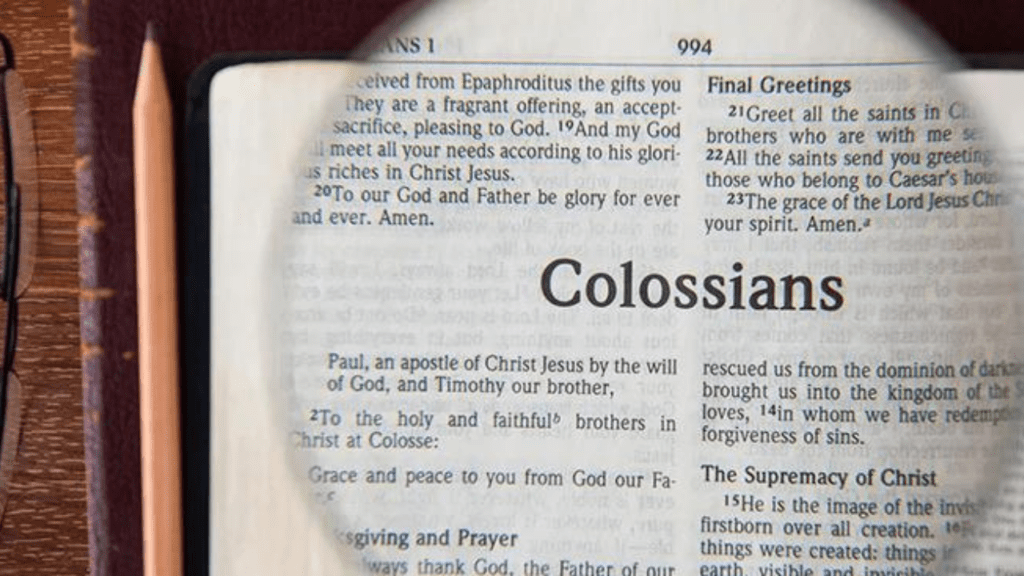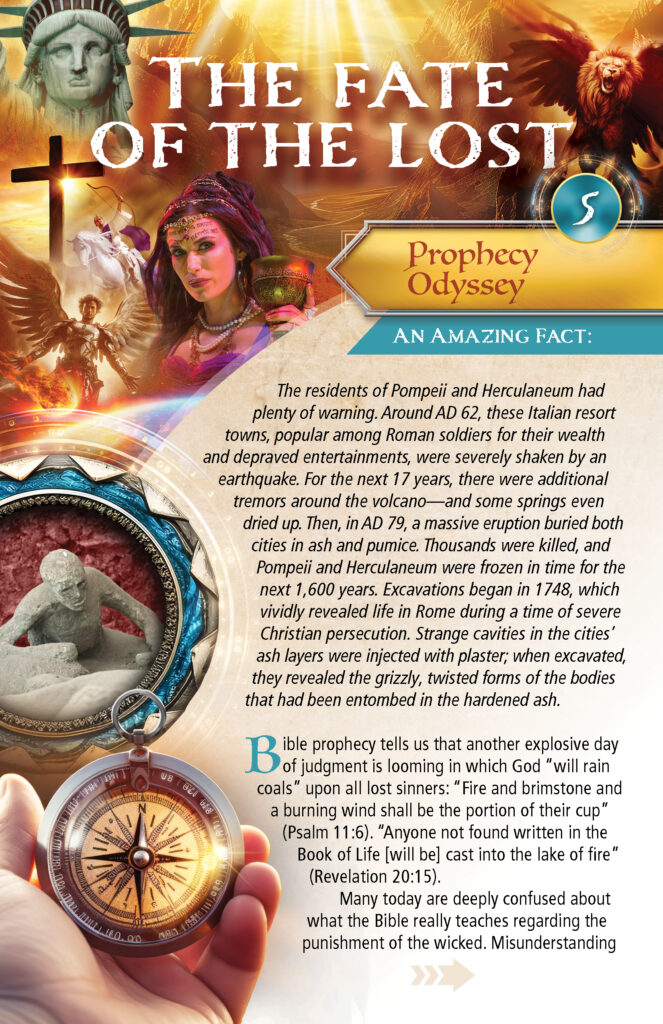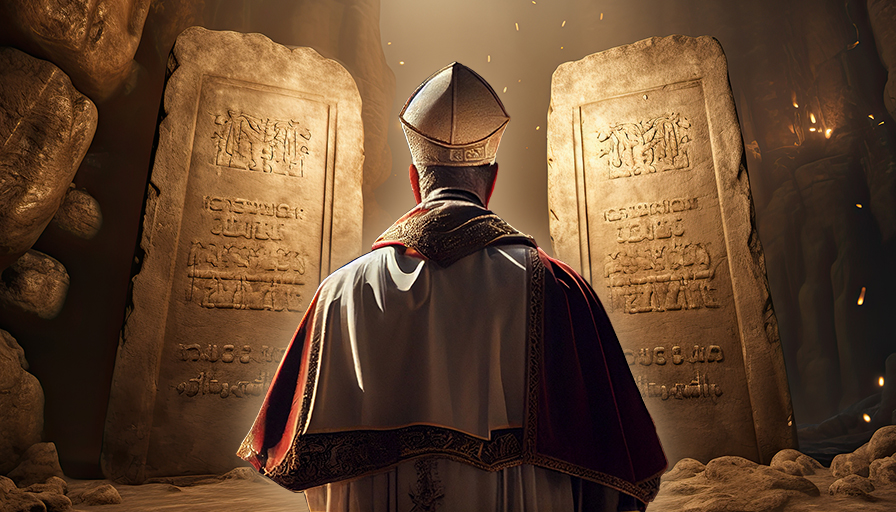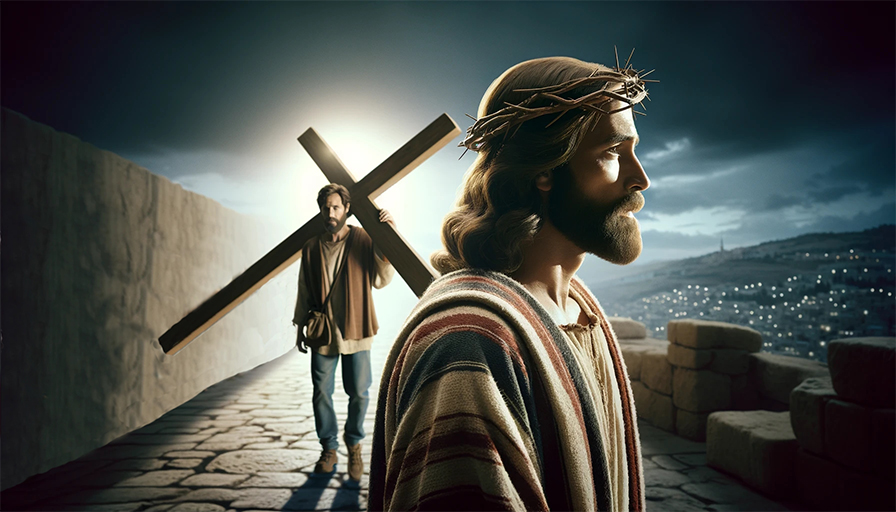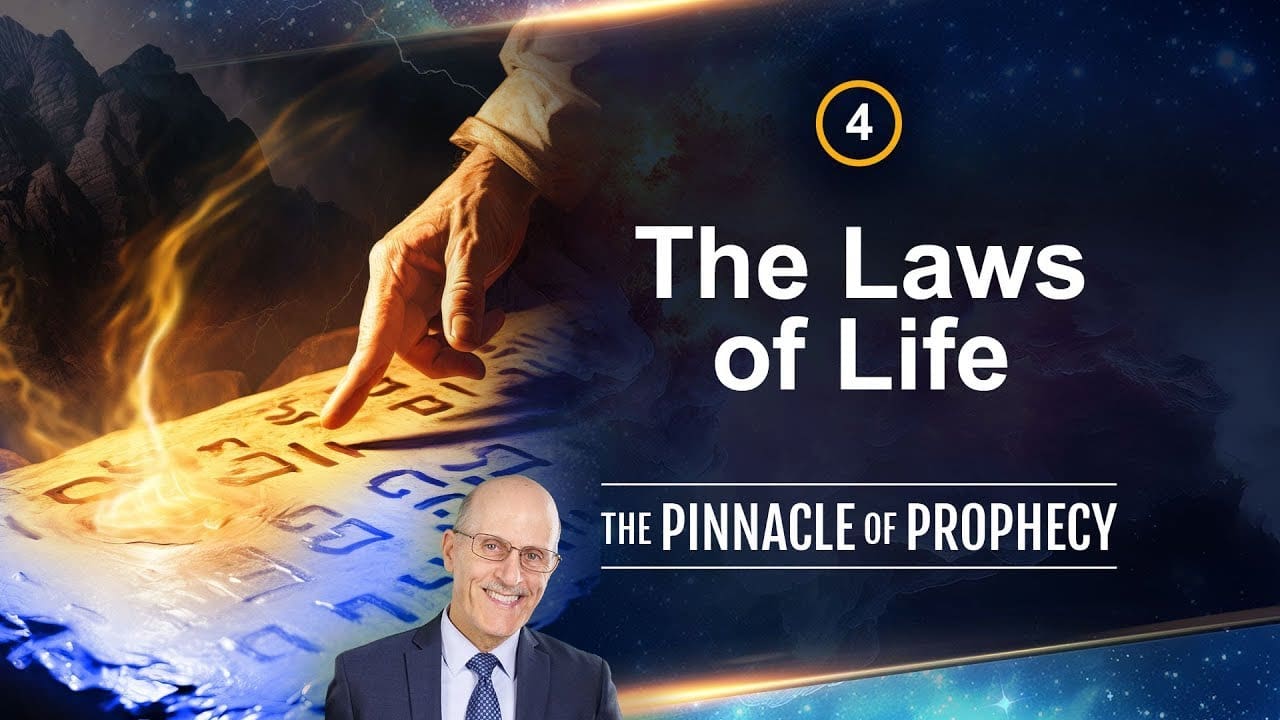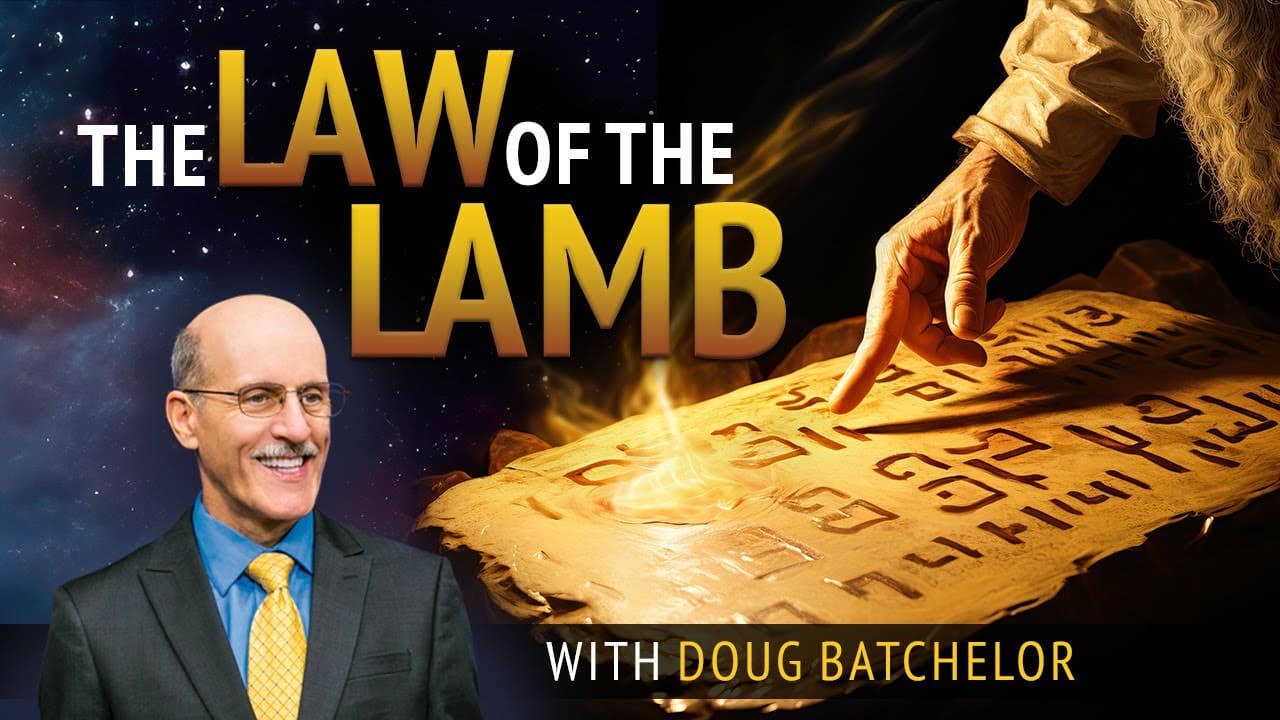In Colossians 2:14-17, the apostle Paul speaks about certain laws that were against us and contrary to us, which were wiped out and nailed to the cross by Jesus. Some people mistakenly believe that Paul is referring to the weekly Sabbath when he mentions “sabbaths.” However, it is important to understand the context and the specific laws Paul is referring to.
Paul is not talking about the weekly Sabbath, which is a memorial of the creation and was instituted before sin entered the world. The weekly Sabbath is not a shadow of something to come but a commemoration of something that happened in the past. In contrast, the laws Paul mentions are ceremonial laws related to food, drink, festivals, new moons, and yearly sabbaths. These laws were separate from the Ten Commandments and were given for the physical and spiritual well-being of the Israelites.
Paul clearly states that these ceremonial laws were shadows of things to come, pointing to Jesus as the Saviour from sin. They were observed with the understanding that they would be fulfilled in Christ. The sacrifice of the Passover lamb, for example, represented Jesus as the Lamb of God. After Christ’s death, it would be contrary to the Christian faith to continue observing these ceremonial laws because they would imply that Jesus’ sacrifice was insufficient.
The ceremonial laws were fulfilled and came to an end with the death of Christ, as they served as shadows of His ultimate sacrifice. The weekly Sabbath, on the other hand, remains unchanged because it predates sin and was not a shadow of Christ’s death. It is still relevant for Christians today as a day of rest and worship.
Paul’s intention in Colossians 2:14-17 is to emphasize the superiority of Christ and His fulfillment of the ceremonial laws. He is not invalidating the importance of the moral law, including the Sabbath commandment. Christians are still called to obey the Ten Commandments, which include honouring the Sabbath day.
It is crucial to interpret Paul’s words accurately to avoid misinterpreting his meaning and disregarding the significance of the Sabbath commandment. The Sabbath is not a ceremonial law but a lasting part of God’s moral law, established from the creation of the world.


